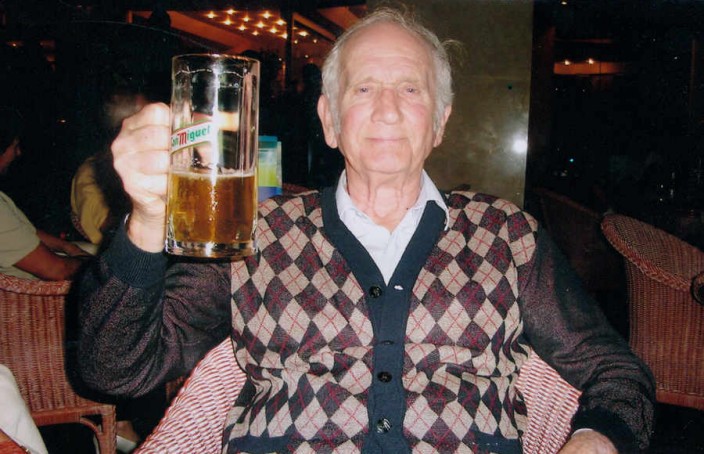Dennis Heath, a retired carpenter aged 87, died at Walsall Manor Hospital after being wrongly treated with insulin.
An inquest at Smethwick Council House heard that Mr Heath, who had type 2 diabetes, was given an insulin drip overnight on June 13 2014.
Mr Heath died on June 14 having developed blood sugar complications, with Pathologist Dr Iqbal Desai telling the hearing that it “was not a natural cause of death”.
Mr Heath had been taken into hospital in May after concerns that he may have suffered a stroke. However, staff had treated him in a way more suited for type 1 diabetes.
While in hospital, Mr Heath’s blood sugar fell to a reading of 4 mmol/l, with Desai revealing that this episode of hypoglycemia, combined with the insulin drip, led to him becoming comatose.
The cause of death was given as pneumonia due to a combination of low blood sugar complications and a stroke, resulting from a blockage in the vessels that supply blood to the brain.
“My understanding from the treatment history is that after this episode of hypoglycaemia he was comatose,” Desai said.
“This is quite important and a very significant factor. He was given this insulin and then he did not really recover from that”.
Black Country coroner Mr. Zafar Siddique concluded: “He had high levels of protein in his cerebral fluid and later an insulin drip was commenced on a sliding scale. His blood sugar was four.
“With regards to this there was a failure to escalate this to a doctor earlier – the insulin would have been addressed sooner”.
Mr. Heath’s daughter, Glenys Povey, told the inquest of her concerns over the treatment of her father. These included that he was not treated on a stroke unit, an MRI brain scan was not done and that it was written in Mr. Heath’s hospital notes that he had dementia despite never being diagnosed with it.
Consultant emergency doctor Mr Najam Rashid told the inquest that Walsall Manor Hospital put in place an action plan following Mr Heath’s death for the distinct management of low blood sugar in patients with type 1 and type 2 diabetes.





